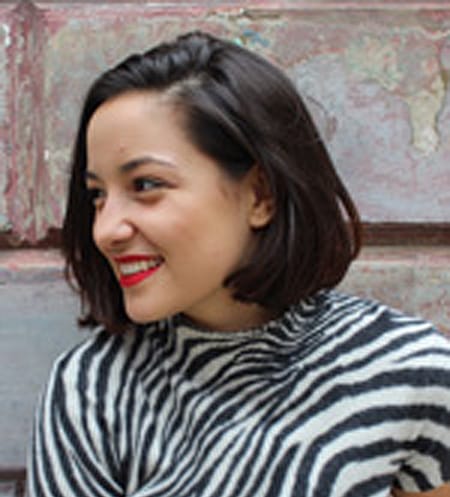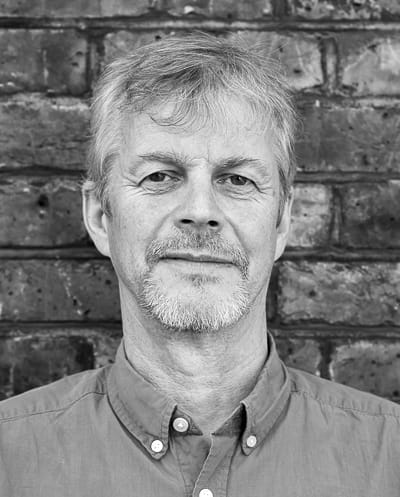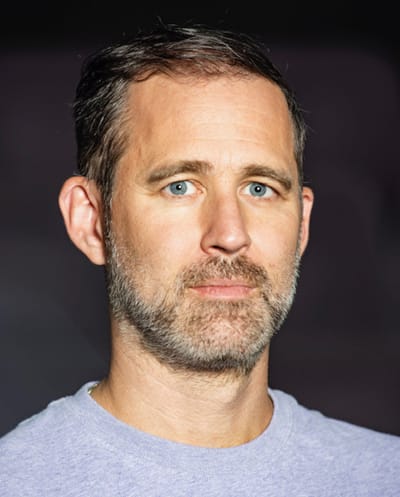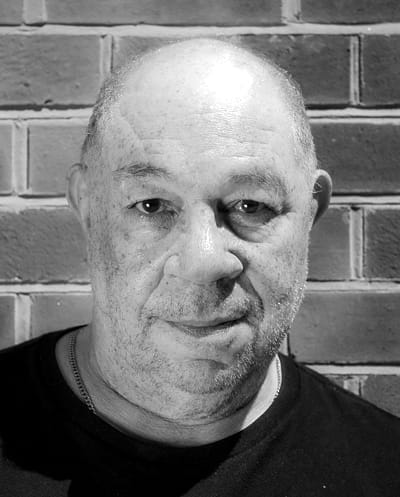
(You will see that some sessions are now fully booked. If you would like to be put on a waiting list in case there are any cancellations, please email the Tower office. If there is a large number of you who have been unable to get a place, we may repeat some sessions at a later date).
Monthly from January
We are pleased to announce that we have started a regular series of free workshops aimed at new directors, but which are also open to all interested Tower members.
These will take place in the theatre on Sundays between 10.30am and 1pm and will be led by experienced Tower directors.
Coming up are:
Sunday 15 February – Nevena Stojkov
Seeing Movement in the Script and Working with a Movement Director
Sunday 1 March – Simona Hughes
Ensemble Building and Viewpoints
Sunday 19 April – Ruth Sullivan
Balancing the Space – how to move around the stage
Sunday 17 May – Colin Guthrie
Working with your Technical Team
Sunday 21 June – Nick Edwards
Character and Text
Sunday 12 July – Peta Barker
Actioning
More details:
Sunday 15 February – Seeing Movement in the Script and Working with a Movement Director
Within written text lies endless potential for movement. In this workshop, we will investigate the different ways movement can be used and how it can be uncovered from the written word. We’ll both discuss and create collaboratively using text. We will also discuss the role of the movement director – what they bring to a creative process, and how directors can collaborate with them most effectively.

At the Tower Theatre, Nevena Stojkov has worked as movement director on Moby Dick, The Little Prince, Coram Boy, The Boy Who Fell in a Book and Labour of Love. Outside of the Tower, Nevena has worked on Vanity Fair (Moving Parts Theatre); Lonely Londoners (Kiln Theatre); Girl in the Machine (Young Vic); You’re So F***ing Croydon (Underbelly Edinburgh Fringe).
Sunday 1 March – Ensemble Building and Viewpoints
This workshop will explore some of the ways a director can use early rehearsals to build a strong ensemble, encouraging a common physical language and close connection between actors to enrich composition and storytelling. We will specifically look at Anne Boggart’s Viewpoints technique as one of way of doing this.

Simona Hughes has been a Tower member for nearly 25 years, (both acting and directing across many productions), and was joint Artistic Director from 2020-23. Outside of the Tower, she is co-founder of Moving Parts Theatre Company, where she directs their touring outdoor summer show.
Sunday 19 April – Balancing the Space – how to move around the stage
In this workshop Ruth Sullivan will be exploring movement from a Lecoq-based perspective.

Ruth Sullivan has been a member of the Tower since 2007 and has acted, directed, choreographed and sound-designed for multiple productions since. She works professionally as a Foley Artist, both in Film/TV post-production and as a performer and consultant in Live Sound for the theatre.
Sunday 17 May – Working with your Technical Team
Making the move from the rehearsal room into the theatre can feel like a big leap into the unknown. But you do have a team to help you. This workshop looks at how the Director works with the technical team all the way through from the first production meeting, through the get-in, the technical rehearsals and on to the first night.

Colin Guthrie has been an actor, director, musical director and sound designer for countless Tower shows since he joined the company in 1984. Professionally, he worked for the BBC for thirty years, mainly as a sound engineer and director for BBC Radio Drama.
Sunday 21 June – Character and Text
Defining character physically and how to handle creative differences between director and performer.

Nick Edwards has acted and directed on the London stage with various theatre groups, most notably KDC and SEDOS. He directed Cock at the Tower and has acted in ten productions, having roles in Under the Blue Sky, The Vortex, The Deep Blue Sea, Time and the Conways, Mother’s Day, Clybourne Park, Sweat, London Wall and Consent. When not acting, Nick is an assistant principal at a Surrey school.
Sunday 12 July – Actioning
To give directors an introduction into the technique of “Actioning”. Psychophysical Actioning can provide an essential part of a rehearsal process, whereby actors make simple choices on each line. Action verbs are transitive – something that one character can do to another character allowing a line or thought to be spoken to affect another character in the manner implied by the action verb.

Peta Barker has been an actor, director, sound designer and musician for countless Tower shows since he joined the company in 1985.
Later in the year:
September – Production Details and Paperwork
Directing a production for Tower Theatre can be fun, but it’s also a big responsibility. As the lead on your production, you will share some production tasks with your stage manager, including managing your budget, writing schedules, and being responsible for a group of people for around three months. In this workshop we will plan pre-production strategies that will make your life 100% easier when you go into rehearsals. Everything from writing your audition notice, creating audition, rehearsal and production schedules, breaking down your budget, collecting important data from your cast and crew, working with the theatre manager, to ensuring that everyone is looked after and has a great time, so that you create the best production you can.
Led by Rob Ellis
October – Warming up and using improvisation in rehearsals
This workshop will give you a variety of warm up exercises that can be used to build readiness for using improvisation in rehearsals and will give you new ways to include physical and creative exercises to start a rehearsal. We’ll then work though how to use improvisation in the rehearsals, looking at creating backstory, helping actors move past their comfort zones to stretch their characters, using attitudes to explore character and relationships, and using improvisation to test a character’s intentions in a scene. The workshop will leave you with the key exercises to create a successful warm up for improvisation, and specific exercises you can apply to your next rehearsal process.
Led by Jonathan Reed
November – Puppetry and Mask Work
Led by Angharad Ormond